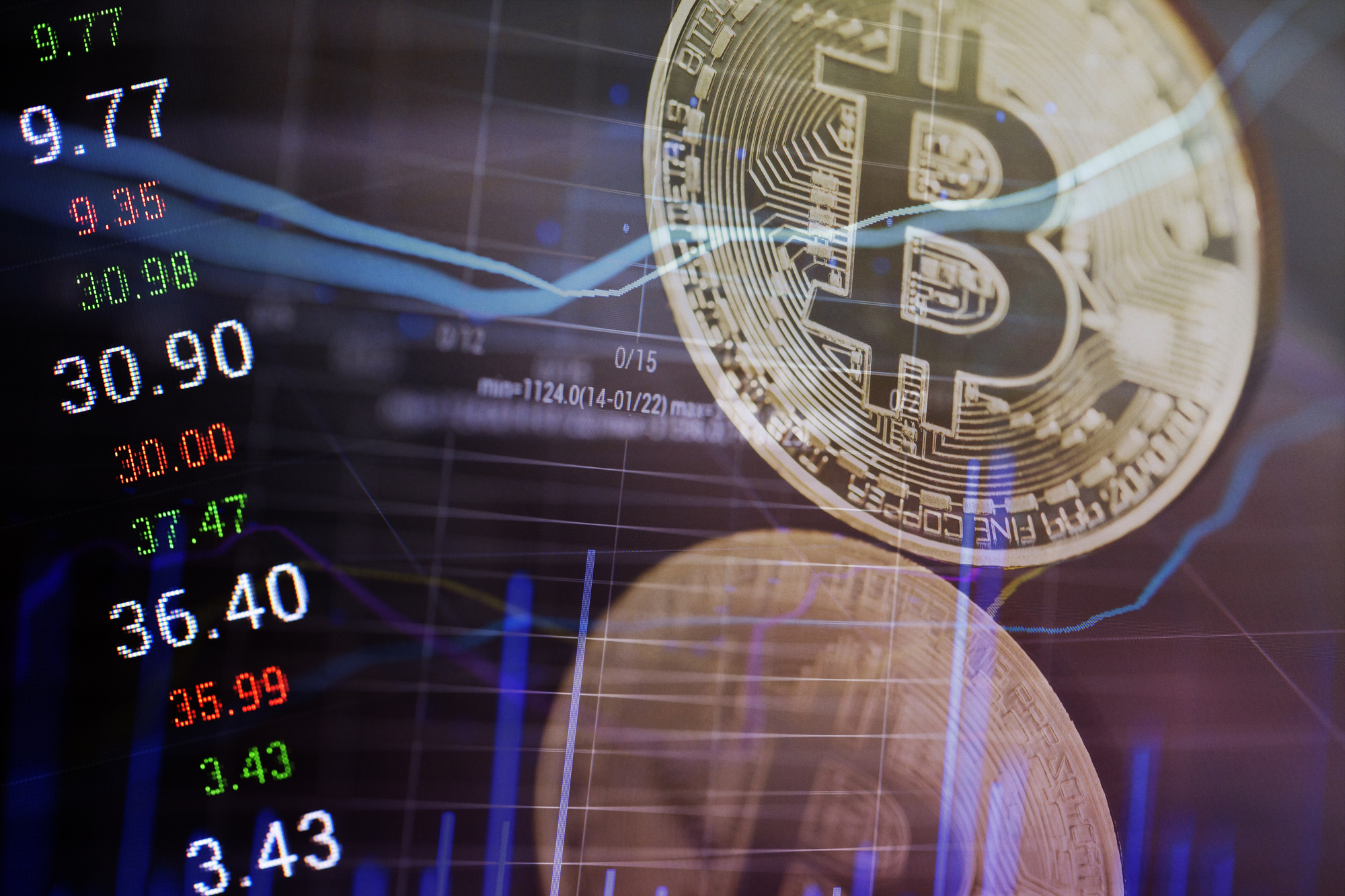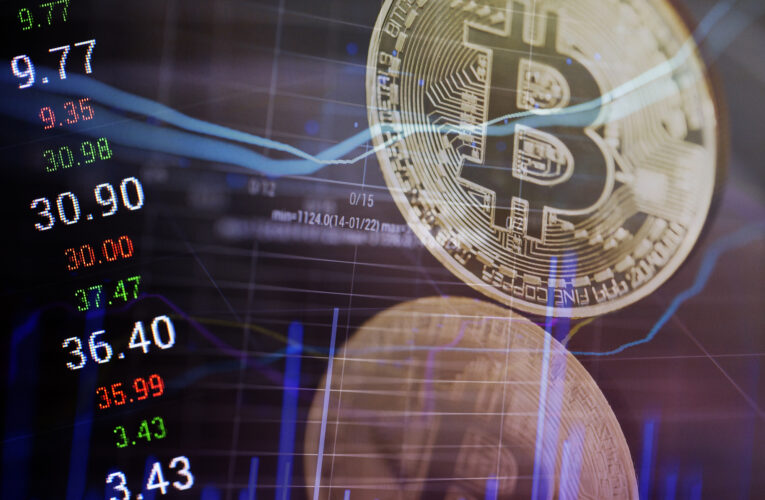The Impact of Regulation on Digital Asset Trading
In the ever-evolving landscape of digital asset trading, the role of regulation has become a pivotal factor that significantly influences the market dynamics. As quotex login gains prominence within the financial sphere, understanding the implications of regulatory measures becomes imperative for both investors and industry participants. This article delves into the multifaceted impact of regulations on digital asset trading, exploring how these measures shape the ecosystem and contribute to its overall stability.
1. Regulatory Framework: Navigating the Complex Terrain
The digital asset space operates within a complex web of regulations, with each jurisdiction presenting its unique set of rules. Navigating this terrain requires a nuanced understanding of quotex login platforms and their compliance with regional regulatory frameworks. The first challenge for traders and platforms alike is to ensure alignment with these regulations while fostering innovation and growth.
2. Market Integrity and Investor Protection
Regulations play a crucial role in upholding market integrity and safeguarding investor interests. As quotex login platforms facilitate transactions, ensuring a fair and transparent marketplace is essential. Regulatory measures such as KYC (Know Your Customer) and AML (Anti-Money Laundering) procedures contribute to market integrity, instilling confidence among investors and fostering a more secure trading environment.

3. Impact on Market Liquidity
The regulatory landscape can directly impact market liquidity in the digital asset space. Stringent regulations may reduce liquidity as platforms adhere to compliance requirements, potentially affecting the efficiency and speed of transactions. Striking a balance between regulatory adherence and maintaining adequate liquidity is a challenge that the industry continually grapples with.
4. Innovation and Compliance: A Delicate Balance
Digital asset trading is inherently innovative, with quotex login platforms at the forefront of technological advancements. However, regulatory compliance can sometimes be perceived as a hindrance to innovation. Striking a delicate balance between fostering innovation and adhering to regulatory requirements is crucial for the sustained growth of the digital asset ecosystem.
5. Global Regulatory Trends: A Synchronized Approach
The global nature of digital asset trading necessitates a synchronized approach to regulation. As quotex login becomes a focal point for investors globally, harmonizing regulatory standards can enhance cross-border transactions and contribute to a more interconnected and resilient digital asset market.
6. Regulatory Challenges Amidst Rapid Growth
The rapid growth of digital asset trading poses challenges for regulators to keep pace with the evolving landscape. quotex login platforms are continually introducing new features and financial instruments, requiring regulatory bodies to adapt swiftly to emerging trends while ensuring the continued protection of market participants.
7. Compliance Costs and Market Participants
Compliance with regulatory measures comes with associated costs, impacting both established players and emerging startups in the digital asset space. Understanding the financial implications of adherence to regulatory standards is crucial for market participants, influencing business strategies and operational efficiency.

8. Future Outlook: Balancing Regulation and Innovation
As quotex login and other digital asset trading platforms continue to shape the future of finance, finding a harmonious balance between regulatory oversight and fostering innovation is paramount. The evolving nature of the industry requires proactive regulatory approaches that support growth while maintaining the integrity of the digital asset ecosystem.
In conclusion, the impact of regulation on digital asset trading is a dynamic and evolving narrative. quotex login, as a keyword, reflects the interconnectedness of regulatory measures and the digital asset market. Striking the right balance is essential for creating a robust and sustainable ecosystem that benefits investors, platforms, and the broader financial landscape.


